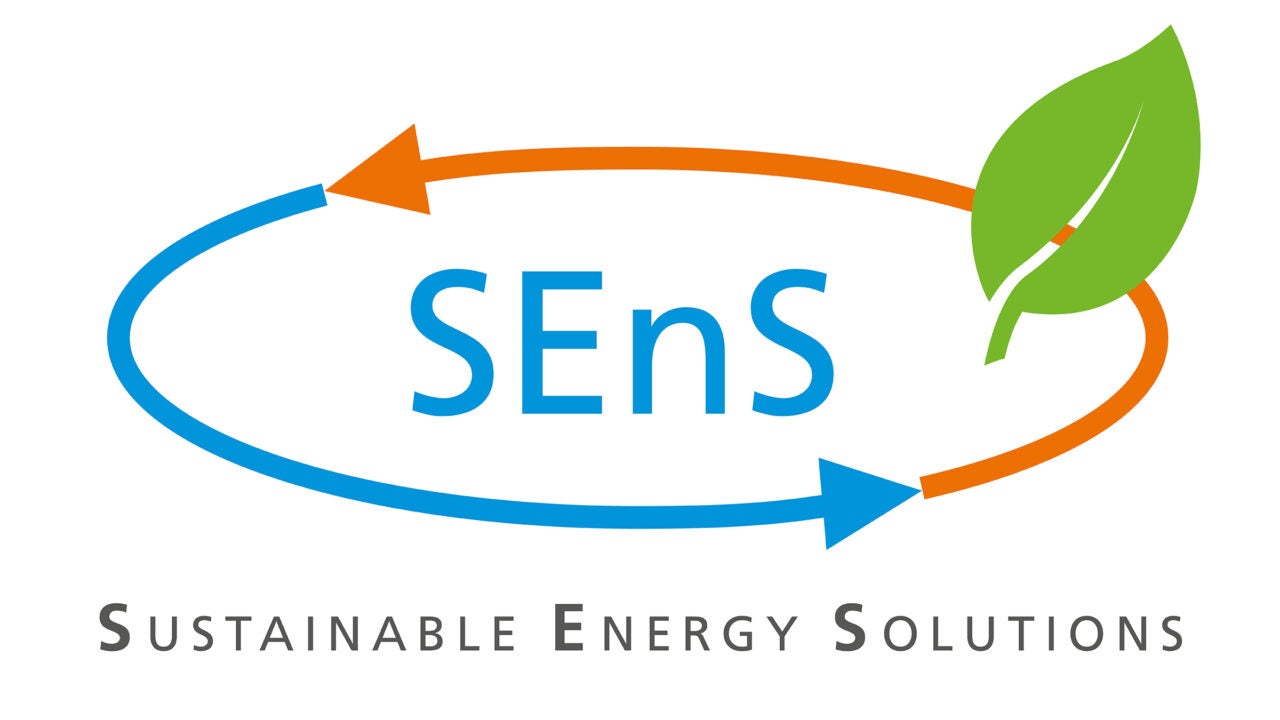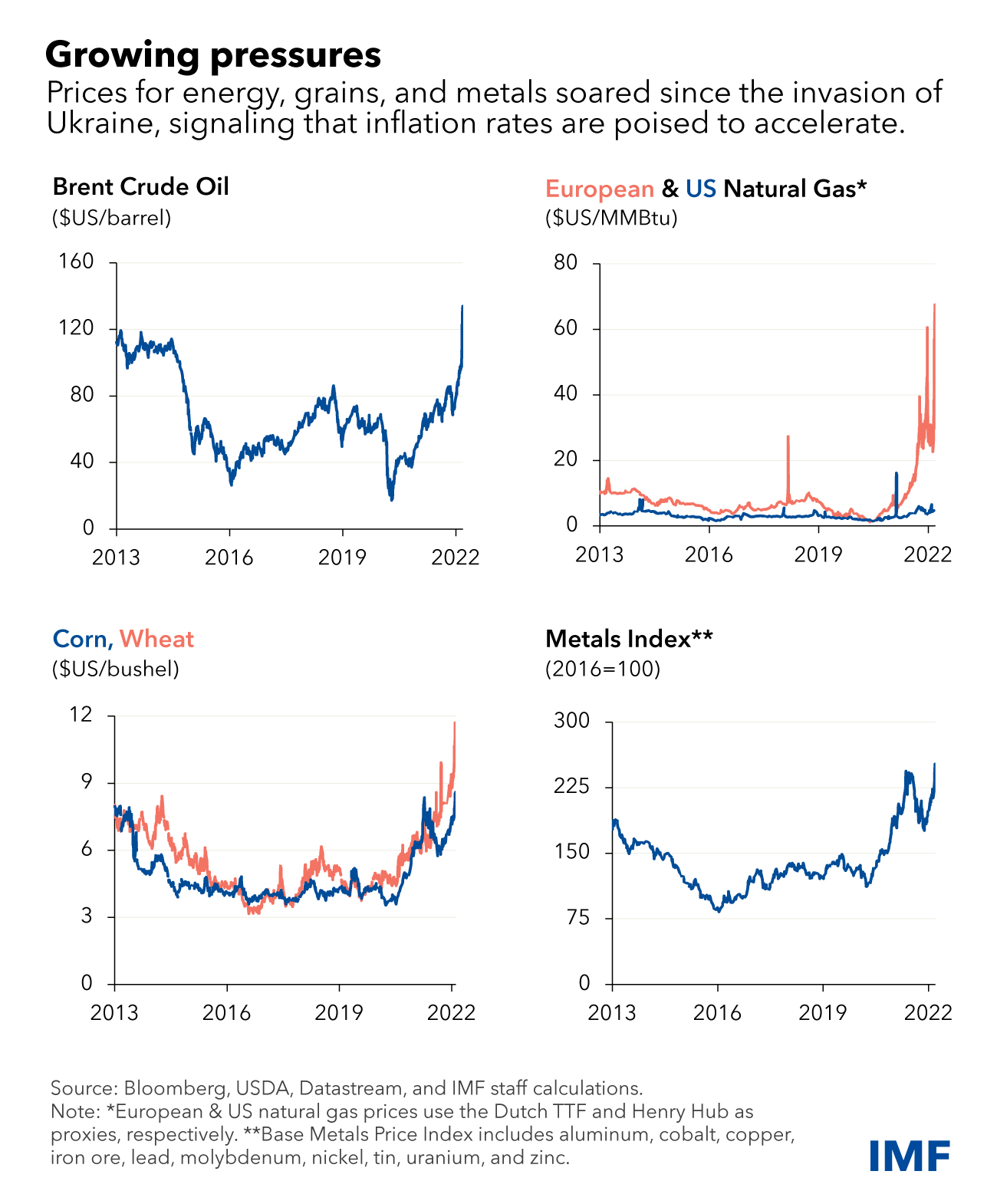
Maximizing Efficiency: A Guide on How to Optimize Solar Systems
Harnessing solar energy is a sustainable choice, but to truly reap the benefits, optimizing solar systems is key. This comprehensive guide explores various strategies and technologies to enhance the efficiency of solar energy systems for a greener and more cost-effective energy solution.
Understanding Solar Panel Placement and Orientation
Proper placement and orientation of solar panels are fundamental to optimizing solar systems. Panels should be positioned to receive maximum sunlight throughout the day. Understanding the sun’s path and adjusting panel angles accordingly can significantly boost energy generation.
Investing in High-Efficiency Solar Panels
The efficiency of solar panels varies, and investing in high-efficiency panels is a smart strategy. These panels can convert a greater percentage of sunlight into electricity, ultimately increasing the overall output of the solar system. While they may have a higher upfront cost, the long-term benefits make them a worthwhile investment.
Regular Maintenance and Cleaning Practices
Dust, dirt, and debris can accumulate on solar panels, hindering their ability to absorb sunlight. Regular maintenance, including cleaning, is crucial for optimal performance. Cleaning panels with a gentle solution and ensuring there are no obstructions will help maintain peak efficiency.
Implementing Solar Tracking Systems
Solar tracking systems enhance efficiency by following the sun’s trajectory throughout the day. These systems adjust the position of solar panels to maximize sunlight exposure. While they require a more sophisticated setup, the increased energy yield justifies the investment in certain scenarios.
Optimizing Inverter Performance
Inverters play a vital role in converting solar energy into usable electricity. Choosing a high-quality, efficient inverter is essential. Regular monitoring and maintenance of inverters ensure they operate at peak efficiency, translating to better overall system performance.
Utilizing Energy Storage Solutions
Integrating energy storage solutions, such as batteries, is an effective way to optimize solar systems. These solutions store excess energy generated during sunny periods for use during cloudy days or at night. This ensures a consistent power supply and reduces dependence on the grid.
Employing Smart Grid Technology
Smart grid technology enhances the integration of solar energy into the existing power grid. It allows for better control, monitoring, and distribution of solar-generated electricity. Utilizing smart grids contributes to grid stability and facilitates the seamless incorporation of solar power.
Considering Off-Grid Solar Solutions
For locations with unreliable grid access, off-grid solar solutions offer independence and reliability. These systems, equipped with energy storage, cater to the energy needs of remote areas. Optimizing off-grid solar solutions involves careful planning and sizing based on the specific energy requirements.
Engaging in Energy Efficiency Practices
Optimizing solar systems goes hand in hand with energy-efficient practices. Implementing energy-efficient appliances, LED lighting, and smart home technologies reduces overall energy consumption. This, in turn, maximizes the impact of solar energy in meeting daily energy needs.
Educating and Training System Users
User awareness and knowledge are crucial components of optimizing solar systems. Educating system users on energy-efficient practices, system monitoring, and basic troubleshooting empowers them to make informed decisions, ensuring the long-term success of the solar energy system.
How to Optimize Solar Systems for a Sustainable Future
In conclusion, the optimization of solar systems is a multifaceted approach involving technology, maintenance, and user engagement. By understanding the factors that influence solar energy efficiency and implementing best practices, we can harness the full potential of solar power. This not only makes ecological sense but also contributes to a more sustainable and resilient energy future.
For more insights into optimizing solar systems and embracing sustainable energy solutions, visit BusinessFinancee.









